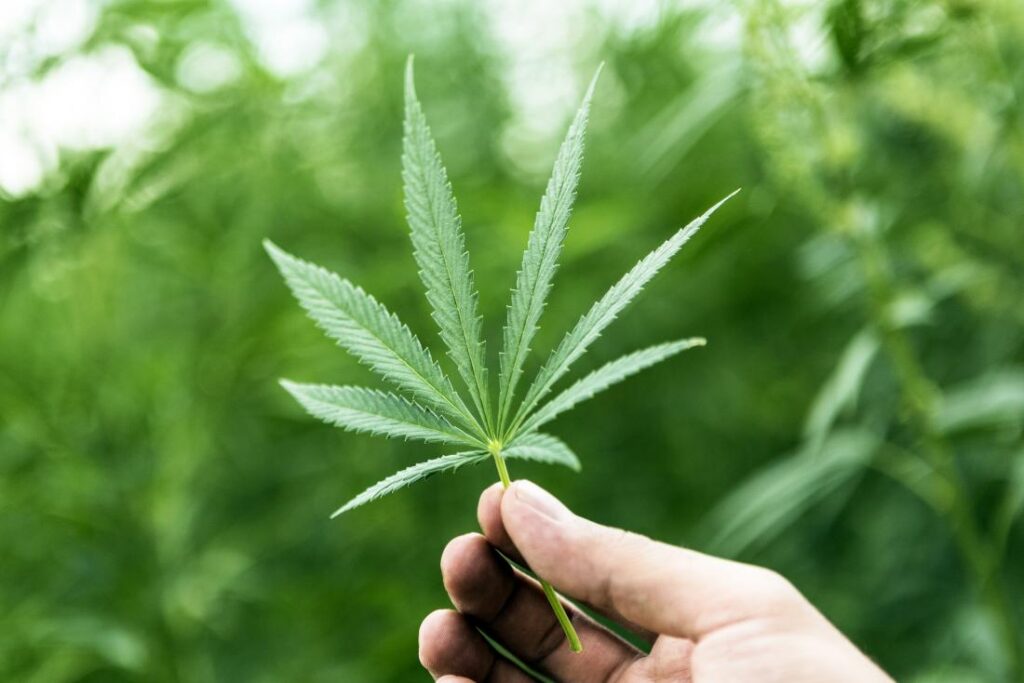What is Cannabis:- What is the one thing that has the capacity to turn heads of doctors, scientists, law makers and researchers together? It’s medical cannabis. However, the word ‘cannabis’ in our country has always been associated with negative connotations. Our parents and teachers have been warning us about the ills of ‘cannabis’ since we were able to comprehend the word. Then why have cannabis legalization policies been evolving for the past five decades in various countries? Is the trend for decriminalization around the world related to the economic benefits, or does cannabis actually have medicinal benefits?
Before we look for answers to our questions, it is important to understand that cannabis actually is and bust some myths around it.
What is Cannabis
The word cannabis is derived from the group of plants, cannabis sativa, cannabis indica and cannabis ruderalis. This plant grows wildly in many tropical and temperate regions of the world and can be artificially grown in almost any climate. Increasingly, the cannabis plant is being cultivated by means of indoor hydroponic technology which involves cultivation without the use of soil. The plant is well-known for its psychoactive effects and has been utilized for a variety of applications, including medical, recreational, and industrial.
Components of Cannabis
The cannabis plant contains more than 100 components which are called cannabinoids. Scientists are still researching each of these cannabinoids, but two have been successfully identified and understood. The main psychoactive compound in cannabis is delta-9 tetrahydro-cannabinol or THC. This compound is the reason for frowns on faces when the term cannabis is heard. The other compound, which is a non-psychoactive cannabinoid is Cannabidiol or CBD. After THC, it is the second most prevalent active ingredient in the cannabis plant. Research has shown that CBD can be used to help in reducing inflammation, seizures, anxiety and pain. CBD has been found to lessen the frequency and severity of seizures in certain types of epilepsy, including Dravet syndrome and Lennox–Gastaut syndrome.Thus, cannabis does not only contain psychoactive compounds, which is the common myth. For years, humans have been selectively breeding cannabis plants, and today it is possible to control the levels of THC or CBD in plants.
Medical Cannabis
The previous section cleared some very common myths about cannabis and introduced the CBD, which has the capacity to do wonders in the medical industry. Although the research on CBD’s effect is still going on, strongest evidence has been provided in treating epilepsy syndromes among children. Syndromes such as Dravet syndrome and Lennox-Gastaut syndrome do not respond to typical, anti-seizure medications. However, CBD is known to reduce and even stop seizures among many children. The FDA agency in the United States has recently approved a Cannabis medicine called Epidiolex (contains CBD) for treating epilepsy seizures. Videos of the effects of CBD on children suffering from epilepsy are widely available on streaming platforms.
Other effects of medical cannabis include relief of chronic pain.Cannabis is frequently prescribed to treat chronic pain, including arthritis, migraines, and neuropathy. A study done on rats concluded that CBD Injection was able to reduce pain that was caused by surgical incision. A spray by the name of Sativex (contains a combination of THC and CBD) is legal in many countries and is known to relieve pain from sclerosis. There is also evidence where medical cannabis has been used to reduce pain among people with Parkinson’s disease and pain linked with arthritis.
Medical Cannabis can also help reduce anxiety and depression both of which have become prevalent in today’s world. Certain patients utilize cannabis as a means of addressing their anxiety and PTSD symptoms. These diseases are usually treated with medicines containing benzodiazepines, which if used regularly may lead to addiction. Medical cannabis in the form of oral CBD has been found to reduce anxiety in a number of experiments conducted among children.
Several studies are still going on related health benefits of CBD. One such study is the antipsychotic effects of CBD. Research has shown that CBD might be able to help people with schizophrenia and other mental diseases. Studies related to effects of CBD on Diabetes also look promising.
Bottom Line
Throughout the world, cannabis has very different legal statuses. While some nations have outright banned it, others have fully legalized it for both medical and recreational use. Today more and more countries are taking steps towards legalizing cannabis. Developed countries like Spain, Canada, US, Czech Republic, Uruguay, Netherlands and Iraq have emerged as pioneers in cannabis research and are using science to defeat the stigma against cannabis. These countries have shown that by using restrictive policies, it is possible to delve into the untapped potential of medical cannabis while curbing the ill effects of the plant at the same time. It is high time that India starts devoting some of its resources into this sector. For a country that has reached Mars, we cannot afford to miss the cannabis bus.




